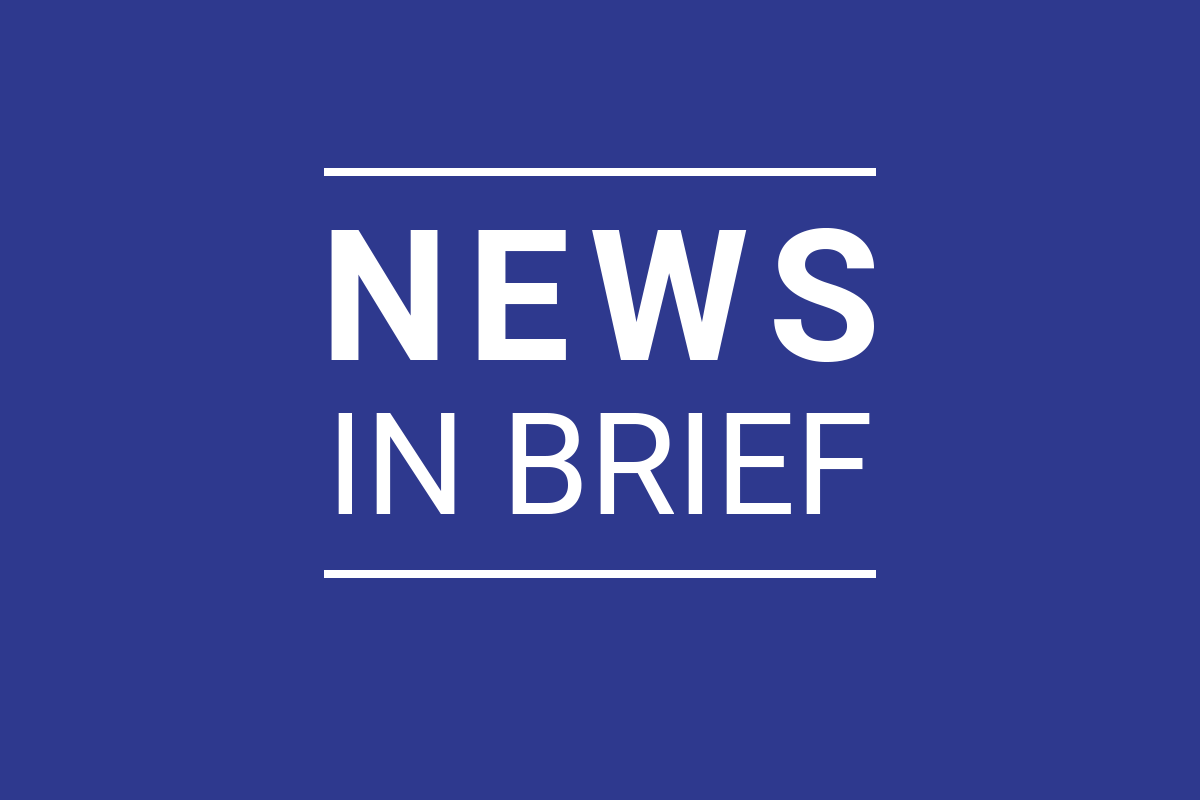
Now Enrolling: Phase II of EA9152 for Acute Lymphoblastic Leukemia
September 30, 2021
News in Brief, October 2021
October 19, 2021From the Co-Chairs, September 2021


By Peter J. O’Dwyer, MD (left)
and Mitchell D. Schnall, MD, PhD
In this month’s newsletter, we highlight two leukemia trials, currently enrolling, with groundbreaking potential, one in AML (PrE0905) and one in ALL (EA9152). The Leukemia Committee, under the leadership of Drs. Litzow and Luger, has been extraordinarily impactful over the years, and in addition has forged strong collaborative relationships with its counterparts in Alliance, SWOG, and the Canadian Cancer Trials Group. We look forward to your support of these two studies. We also draw your attention to the newest precision medicine trial, MyeloMATCH, due to launch next year. MyeloMATCH will address AML and MDS and is being led jointly by the Leukemia Committee Chairs. The first ECOG-ACRIN sub-study in this initiative, the ERASE trial, which is evaluating therapies in patients with AML who are MRD positive after initial induction therapy, is now moving through the approval process. Like the AML study in newly diagnosed FLT3-mutated AML, led by Dr. Luger, the ERASE trial could potentially change the face of leukemia research worldwide. We will have more information to share on the MyeloMATCH trial in a future issue, and the study will also be discussed at our Virtual Group Meeting in October during the NCI-MATCH/ComboMATCH Update and Education Session (Wednesday, October 20 from 9:30 – 10:30 am ET). Though entirely virtual (perhaps for the last time!), the content of the meeting is designed to be user-friendly, compelling, and relevant—more details below.
Communicating these features, not just of our meetings, but of our trials and research generally, is essential to promoting the inclusive environment that we believe to be in the best interests of both the patients and the research. Three aspects merit attention, and represent steps forward for our Group. The recent announcement by the NCI, that Advanced Practice Providers (APP), a designation that includes nurse practitioners and physician assistants, are now empowered to sign orders for investigational drugs for patients on National Clinical Trials Network Group studies, is a long-sought advance. It recognizes that the care of oncology patients is increasingly a team effort, in which structures must come together to help, not hinder, the smooth access of patients to treatment. In both cancer centers and in the community, an artificial obstacle has been removed. The care of patients, whether on standard therapies or research studies, may now be provided in the same way. In turn, we are actively seeking the involvement of APPs in all of our committees, and are exploring ways in which our Oncology Nursing Committee may be configured to serve as a forum. More to come on this topic.
The second relates to the language we choose to describe various conditions, attributes, and histories of the patients we treat. In this issue, ECOG-ACRIN advocate and lung cancer survivor Jill Feldman shares her work developing a new language guide that encourages respect, eliminates blame, and promotes health equity. Despite our experiences over the past two years in which we have become sensitized to the language we use in society broadly, you may find it surprising (as we did) how loaded with meaning are the terms we use in everyday medical communication. The subjects of those terms, our patients, often perceive them as pejorative, demeaning, or blaming. If our goal is constructive two-way communication, we might think about how simple adjustments to our syntax can remove these concerns, which at a minimum, distract from positive messages on encouragement and partnership we seek to establish.
And finally, also with a patient focus, we want to share with you an analysis by Dr. Rebecca Pentz, Professor of Research Ethics at Emory University. The ECOG-ACRIN Cancer Research Advocates Committee has emphasized that clinical trial participants are our partners in cancer research, and that underlies patient participation in all of our committees and review processes. How then do we communicate the results of trials (when available) with our patient partners? Quoting Fernandez (Fernandez CV. J Clin Oncol. January 2009), Dr. Pentz lists a number of benefits, including a greater sense of appreciation from participants, the opportunity to share results in a more nuanced way, and more. There are potential pitfalls: distress in participants, misunderstandings of outcomes, and challenges ensuring results are shared equitably. In a new perspective, Pentz highlights the difference between sharing the overall results of a trial versus the arm to which a participant was randomized. Because the latter, more personal sharing of results has the potential to cause distress in patients who may have been in a less effective arm, this information should ideally be shared by the participants’ physicians. Ultimately, information about which arm a participant was in should be offered out of respect to the participant as a partner in research. Clearly, not all participants may want to receive this level of detail, so they must have the opportunity to decline. This analysis provides an important patient perspective. We look to the ECOG-ACRIN advocates to guide us in the best way to provide open and informed communication to those who deserve it most: our trial participants, our patients.
Read the September 2021 issue here.
![ECOG-ACRIN logo[19516]275×75](https://blog-ecog-acrin.org/wp-content/uploads/2021/03/ECOG-ACRIN-logo19516275x75.png)
